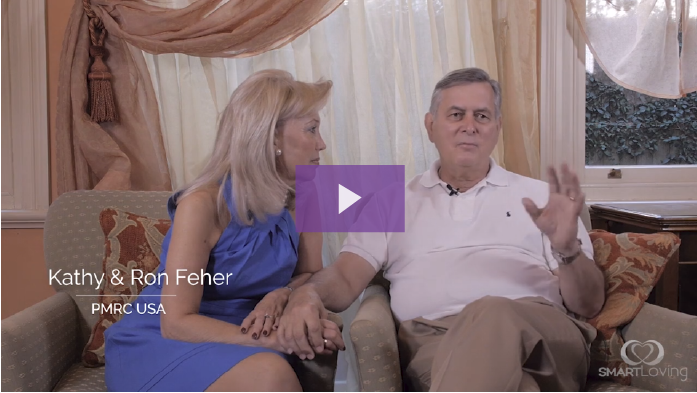Mercy – a work in progress for couples

We are yet to meet a married couple who have not hurt each other deeply at some stage. Selfishness, laziness, thoughtlessness, anger, carelessness; they all have the potential to inflict deep wounds on the other, sometimes without our knowledge or intention. Unless couples learn the lessons of mercy, these common human frailties can bring a marriage undone.
It’s Divine Mercy Sunday – a relatively new feast in the Church calendar. It draws our attention to the endless mercy offered to us by Jesus in the confessional.
There’s something very cathartic about confessing our wrong doings. The very act of articulating them moves us from the sphere of defensive self-justification, to humble maturity. As long as we insist that our wrong doings are not all that bad, were not intended, or that we were provoked, etc., we are not is a position to recognise the wrong we have done. Nor are we able to move forwards in seeking reconciliation.
Confession is not just an activity for the confessional. It is a healthy sign of being a mature adult. This is especially true in intimate relationships such as our marriage. Admitting our faults to our spouse is a powerful practice that illuminates the darkest corners of our lives and directs us towards growth. In a marriage, acknowledging our faults to our beloved, especially those offences against them, is an essential practice for a vibrant and healthy relationship. While we all know that makes sense; like ‘going to confession’, it sometimes feels harder than it should be. With this in mind here are a few helpful tips we have learned from couples in successful marriages.
- Pick your timing. If we’ve done something that has harmed the other, part of taking responsibility for it is being considerate about when and how we broach it. In our haste to alleviate our conscience and re-establish connection, we can sometimes rush the other and in doing so, do further damage.
- Honesty matters. Once begun, make sure that the whole truth is told. Nothing will undermine our relationship faster than our spouse discovering that even as we pretended to tell the truth we misled him or her. A big part of this is being honest with ourselves. Self-deception, whether it is denying our sinfulness or our goodness, can keep us locked in unhealthy patterns.
- Seek forgiveness. While it’s good to say “I’m sorry”, it’s nowhere as powerful (or hard) to say as “will you forgive me?”. Requesting forgiveness is an act of humility as it places the power in the hands of those you have hurt; you have granted them a choice.
Just as importantly though, for the person on the receiving side of this dialogue, even a clumsy attempt by the other to admit their faults and seek forgiveness needs to be honoured with a merciful response. In our own love story, when one has requested forgiveness we’ve often responded with “I will”; recognising that at that moment, we need a little more time to process the issue, but leaving no doubt that we will grant forgiveness. Just as God’s mercy is assured, so too are couples called to extend similar mercy to each other.



When on the wrong we should take responsibility for our action and ask for forgiveness,